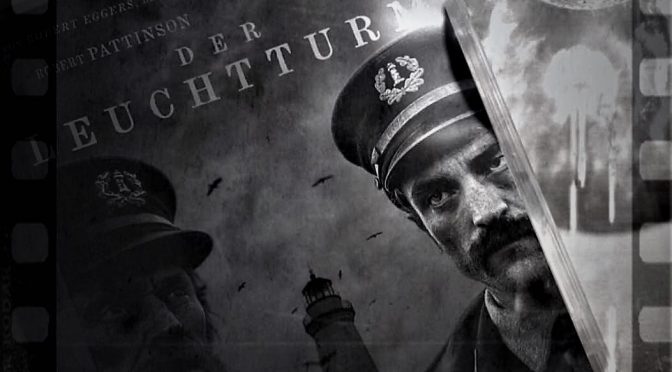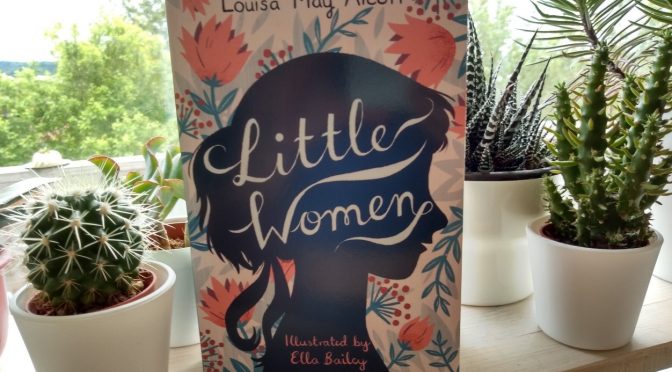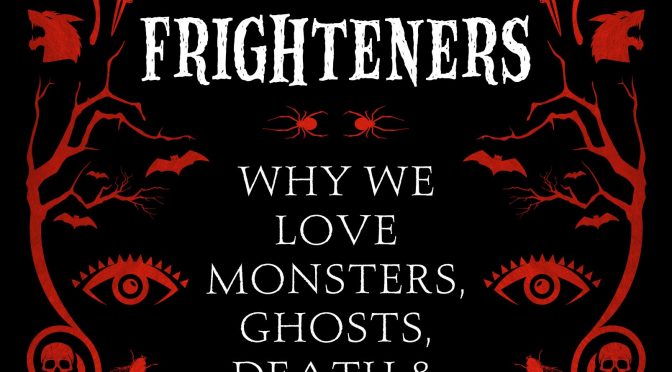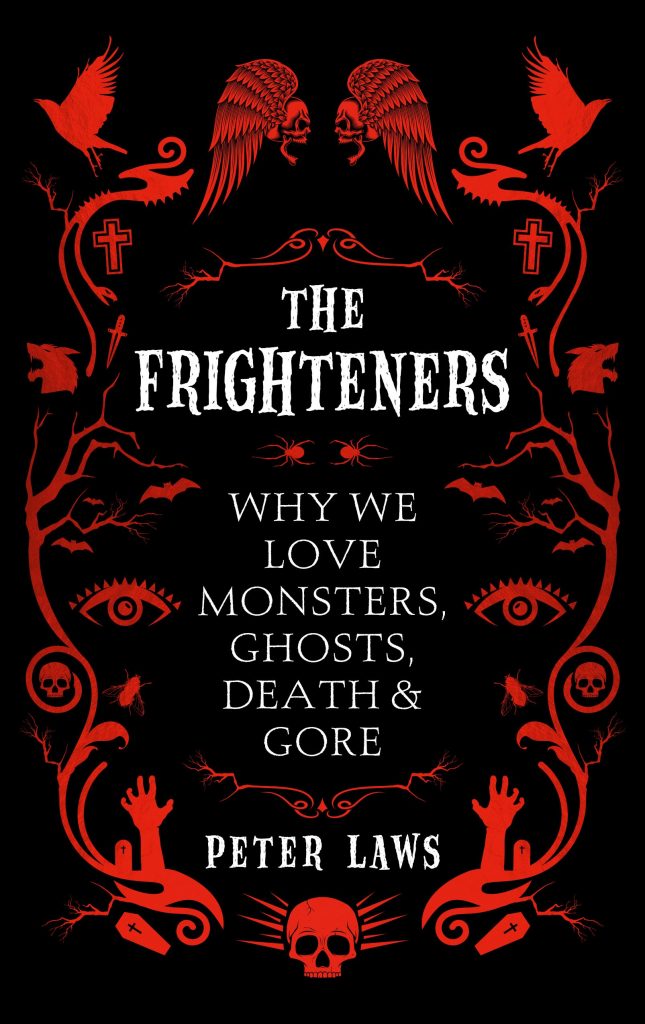… but be fascinated by the AnglistenTheater
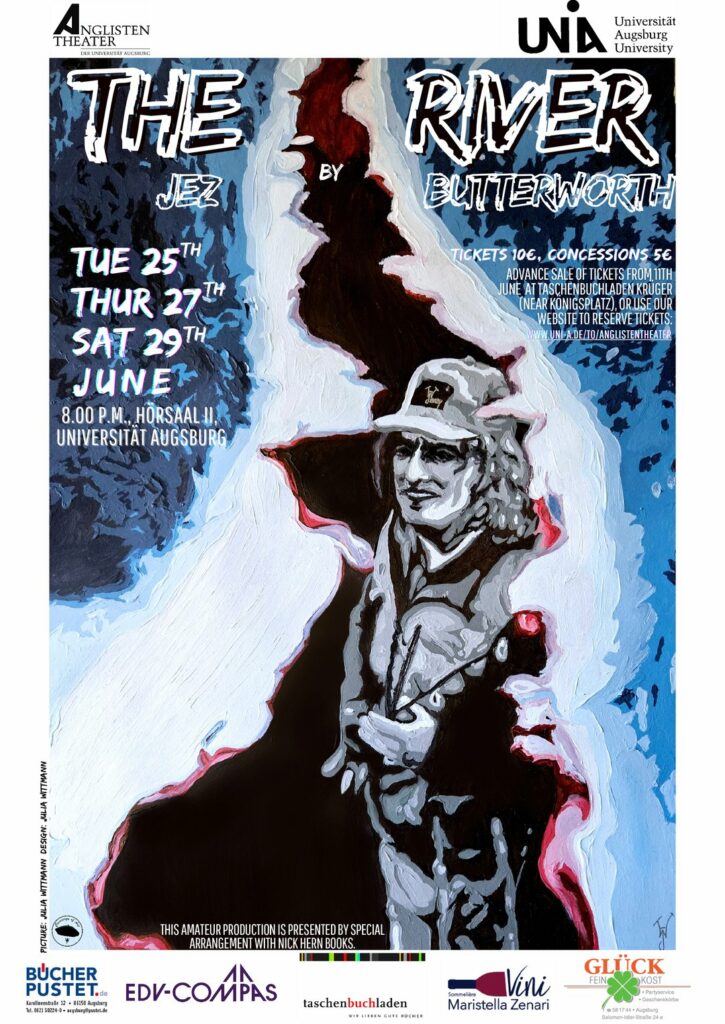
The AnglistenTheater is a student society that meets once a week to rehearse an English play. This semester’s production is The River by Jez Butterworth.
I got the chance of attending the premiere to keep you posted on how it was and if it is worth seeing!
So let me talk about the content first: the main character is a man who loves fishing and who owns a hut alongside a river. He invites his girlfriend to come; not only to have a little holiday but mostly because he wants her to learn how to fish. And there is one kind of fish that caught his interest in particular – the sea trout that is particularly hard to catch. But it doesn’t stay there for there is not only one woman but here comes the twist, a second one and lastly, who do the earrings in the bathroom belong to?
The 90-minute play takes place in just the one room of the hut so don’t expect crazy changes of scenery. This means that the performance of the actors in their dialogs becomes even more important to impress the audience. And there are only four actors involved and only two on stage at the same time during the whole play. This sets the expectations high. However, I can assure you I was not disappointed. While the dialogs and indirect speech in the same are a very important part of the plot, the actors did an incredibly good job in performing their roles.
The Man, played by Kujtim Avdija, has practically 100 percent stage time and a few quite long monologues which he mastered with ease. Kujtim plays his role expressively.
The Woman, who is played by Mirjam Kraft, has a beautiful voice, which welcomes the audience to the play by singing a part of William Butler Yeats’s “The Song of Wandering Aengus.” The longer the play the more freely she fulfilled her role and shone especially in the humorous dialogues.
Sarah Dengel, who played the other Woman, also has a beautiful singing voice and could easily add depth and a dramatic touch to her character, which I enjoyed a lot. She delivered a brilliant performance when it came to the confronting scene between the man and the other woman.
While it was the first main role for all three of them the majority already had acting experience, which isn’t a requirement to join the group. Also, a very supportive spirit from the whole AnglistenTheater Team could be felt, as a play consists of more than just the actors, but also of the staff behind the scenes.
Even though I enjoyed learning a lot about fish and sea trout; the hidden depth of the play really lies in the dialogues that, behind all the fishing, tell the story of a lonely man who tries to find consistent love. Finally, I can only congratulate the AnglistenTheater and director Rudolf Beck for a marvelous opening night.

